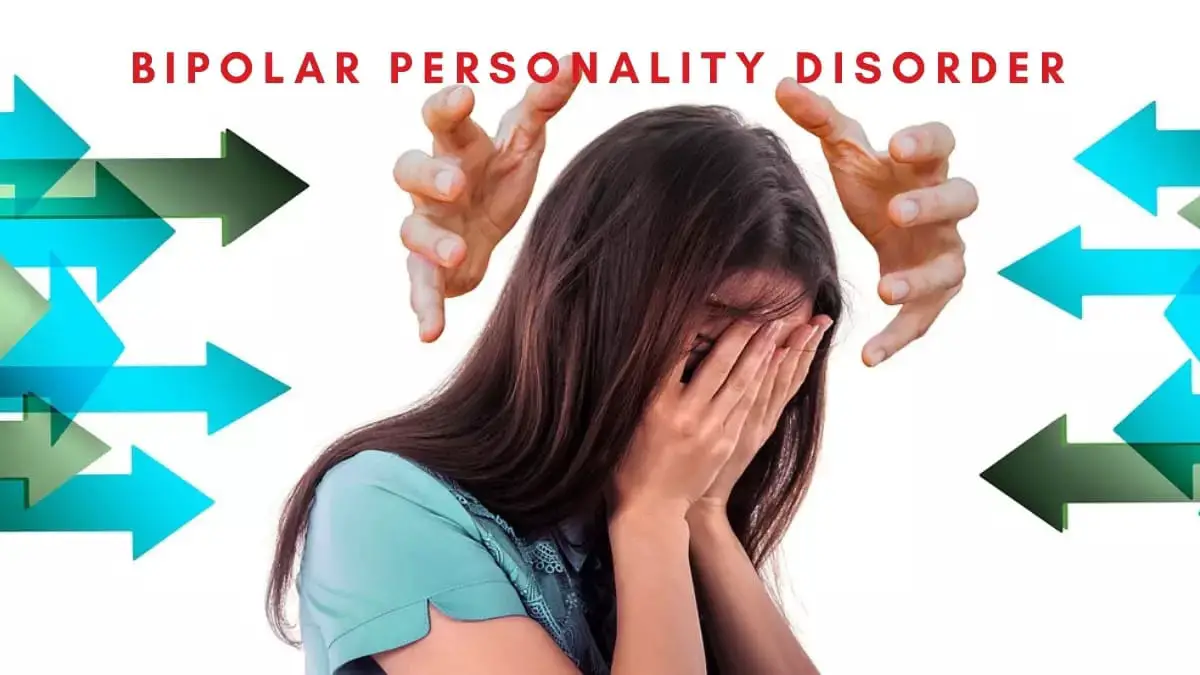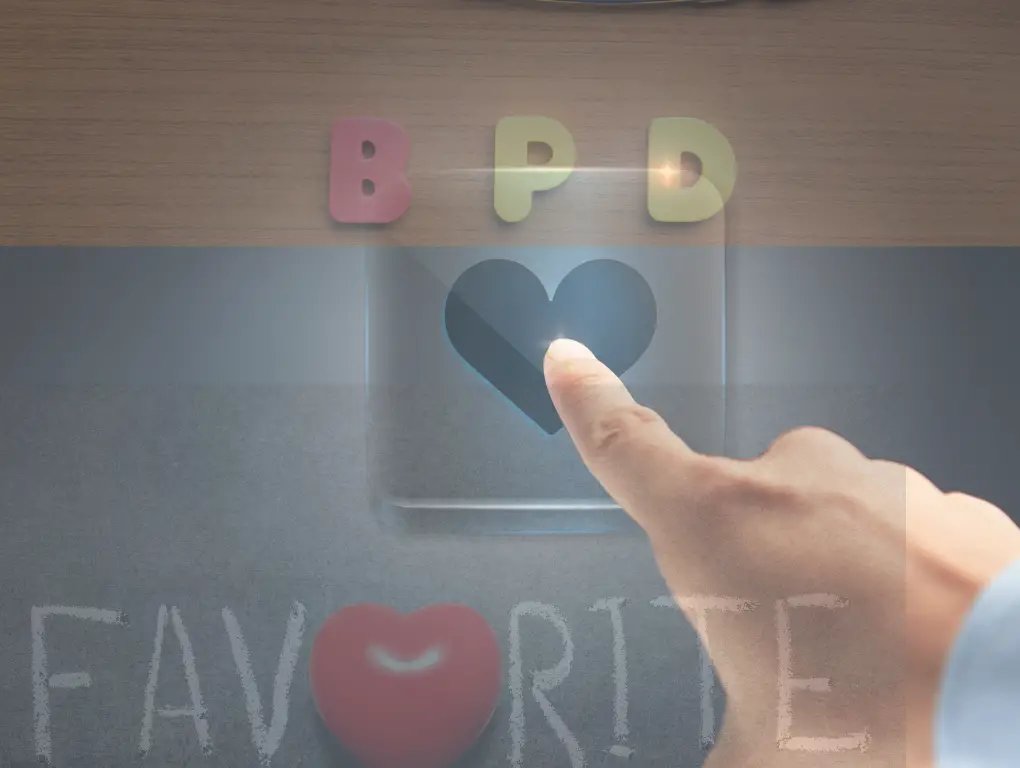Sometimes very happy, sometimes very sad. Simply put, doctors describe a person’s Manic-depressive psychosis as a condition in which a person’s mood or emotions changes for a long time.
This means that people with this disease sometimes live in depression or upset for a long time. Sometimes it lasts for months. Again the same person once began to behave in a completely opposite way. At that time he became prone to excessive laughter or exuberance.
Bipolar Disorder, like diabetes, is a chronic disease. The disease can be controlled with medication and treatment, but it cannot be completely cured.
Manic Psychosis Meaning
Up until the 1980s, manic-depressive psychosis was the term used to describe bipolar disorders. Unstable mood and swings between sadness and euphoria/hypomania/mania are hallmarks of bipolar disorder. An increase in energy and activity is a hallmark of the hypomanic phase.
Marked euphoria, psychomotor activity, lack of fatigue, and behavioral disinhibition are traits of the manic phase. Sometimes, hallucinations and grandiose delusions are both shown as psychotic symptoms indicating a loss of reality.
Sadness, lack of enjoyment, loss of interest and desire, guilt and worthlessness-related thoughts, decreased appetite, sleep problems, and occasionally suicidal thoughts are all symptoms of the depressive phase. In severe circumstances, hallucinations and ruinous delusions can appear.
You May Find Interesting: Top Best 11 Grammar Books To Become A Stronger Writer
Why is Bipolar Disorder or Manic Psychosis?
Exactly what causes bipolar disorder is not yet clear. However, scientists believe that some elements may have worked behind it.
According to the UK Department of Health, at least one in every 100 people suffers from bipolar disorder at some point in their lives.
Professor Dr. M Sarkar says that bipolar disease is often passed on to the next generation due to genetic or hereditary reasons.
Bipolar can be caused by imbalance of neurotransmitters like serotonin, dopamine, noradrenaline etc. in the brain, due to autonomic problems, wrong treatment of mental illness etc.
Outbreaks appear to be exacerbated during adolescence. The disease can affect both men and women. Symptoms may vary from one person to another.
Four out of every thousand people in Bangladesh suffer from bipolar disorder.
According to a survey by the Institute of Mental Health and the World Health Organization, four out of every 1,000 people surveyed suffer from bipolar mood disorder.
You May Find Interesting:
A young woman working in a private company in Dhaka started suffering from bipolar disorder from her university life. At that time, she used to keep her door closed day after day. He would not go out for a few weeks. Family members, relatives – never talked to anyone. He did not even want to eat properly.
After a while, the same person would start behaving in the opposite way. Then I started partying at home and going out with friends. He started buying useful and useless things as he wished. He did not sleep at night, there was no accounting for the cost of money.
The young woman, who did not want to be named, told BBC Bangla, “Family members at first wondered if I was addicted to any drugs. Realizing that was not the case, they took me to a psychiatrist. The doctor then said, “I have bipolar disorder.”
Since then he has been under regular medical and physician supervision. After completing her studies, she has now started working in a private company.
” Yet sometimes the mood changes, I feel. Are upset, or want to shop unnecessarily. But now I can control myself a little bit. Even then, I do all the things that I might want to do, but later I regret it, “he said.
He also said that the change in behavior has often had a negative effect on him at work or with family members.
Symptoms of Manic Psychosis
Since people with this kind of disorder express two types of moods or behaviors, Bipolar Disorder Symptoms can also be called two types. Psychiatrists should be consulted if such contradictory behavior is observed in the same person over time.
Manic Disorder Episode
- Extremely emotional, very cheerful attitude
- Excessive talking
- Begin to think of yourself as hugely strong, someone big, powerful
- High energy or overwork
- Aversion to food
- To make unreasonable words or demands, to think
- Increased surge trend
- Insomnia, not wanting to fall asleep
- Sudden anger, quarreling or fighting
- Reckless attitude
- Starting to spend more, wanting to buy unnecessary things
- Loss of focus
- Increased sexual desire
- Giving away one’s belongings to others
Depression Disorder
Depression is just the opposite of mania. Bipolar disorder is a condition in which the same person suffers from this type of mental retardation.
- Suffering from depression for a long time or for a long time, suffering from depression
- Crying for no reason, becoming anxious
- Loss of confidence, suffering from indecision
- Feeling we have ‘Run out of gas’ emotionally
- Suicidal tendencies, loss of interest in life, wanting to die
- Not being able to be happy or happy in any event
- Loss of appetite or overeating
- Excessive fatigue, loss of interest in work
- Feeling guilty, feeling guilty
- Decreased sexual desire
- Decreased memory, loss of focus
- Waking up very early in the morning
Professor Dr. M Sarkar says, “When someone is suffering from bipolar mood, he thinks he is right. He may regret it later, but at that time he thinks of others, that they do not understand him, they are not helping him. “
In some cases this change in behavior is rapid, while in others it may be long overdue.
One of the major differences between depression and bipolar disorder is that people with the disease may suffer from depression at one time but behave just the opposite at another.
Bipolar disorder can be thought to be caused by depression or excessive sweating for more than two weeks.
You May Find Interesting:
What is the Treatment for Manic Psychosis?
Dr. M Sarkar, an associate professor of Mental Health and Hospitals, says there are now psychiatrists in almost every district town evrywhere. Anyone with symptoms of bipolar disorder should seek the advice of a psychiatrist.
“We do not say that it is possible to cure it. However, with regular treatment like diabetes, it is possible to control it, ” says Professor Sarkar.
He says that it is possible to control the disease with the help of the medicine given by the doctor and the care of the family members.
He advises that relatives should be careful if they have Bipolar Affective Disorder or any other mental illness. Especially not to argue directly with him, not to insist.
How to Deal with Bipolar People?
It can be upsetting to see a loved one struggle with the moods and signs of bipolar disorder. However, you may help in many different ways while simultaneously taking care of your own needs.
How to can be covered on this page:
⦿ Being transparent about bipolar disorder
⦿ Create a strategy for manic episodes.
⦿ Talk about the behavior you find problematic and learn the triggers and warning indicators for it.
⦿ Don’t assume anything.
⦿ Take care of yourself.
⦿ Being transparent about bipolar disorder
Someone may feel more encouraged and accepted if you’re receptive to hearing about their experiences. Reading the blogs of relatives and friends can help you learn more about these experiences.
The Conclusion
A person with bipolar disorder can be difficult to help. The person’s moods will fluctuate, making it challenging to know how to respond or cope.
But if you put out the effort, you can significantly impact your friend or loved one’s life. Knowing they can count on you can encourage them to adhere to their treatment plan and maintain a positive outlook.
Knowing that you are assisting a friend or loved one in navigating the ups and downs of living with bipolar disorder can be enjoyable for you as well.



